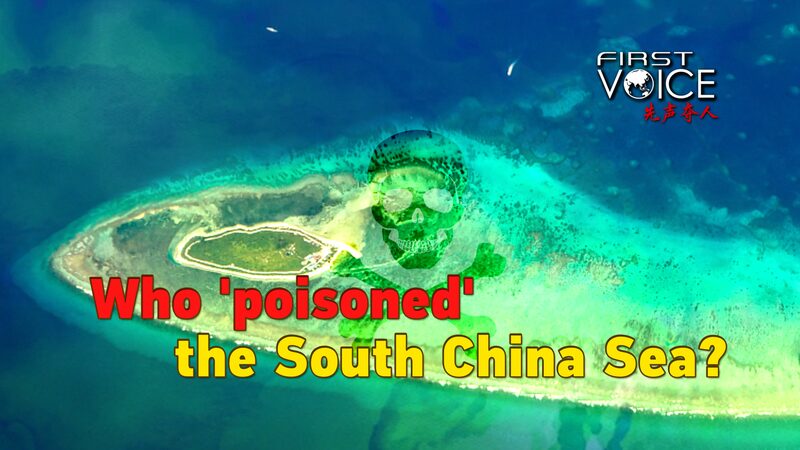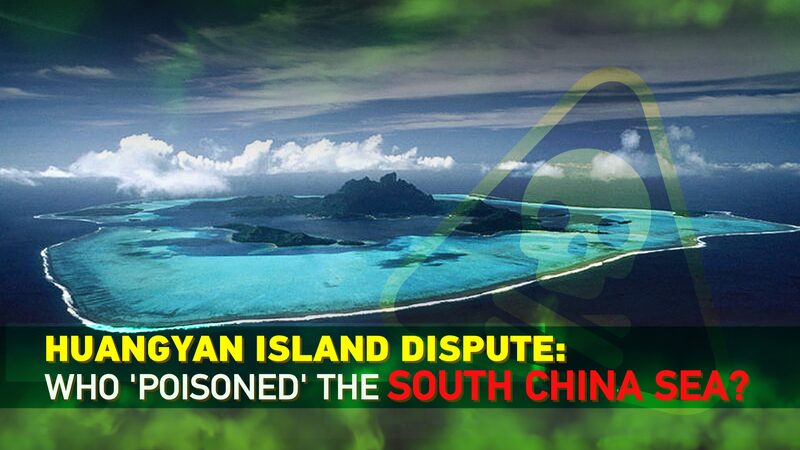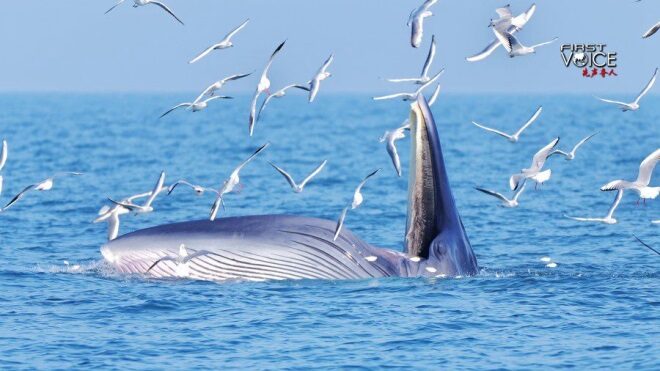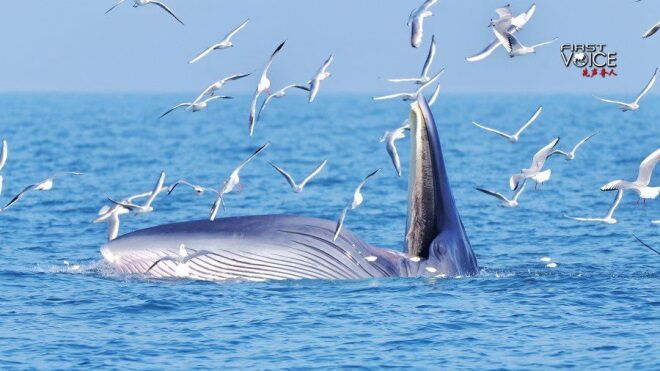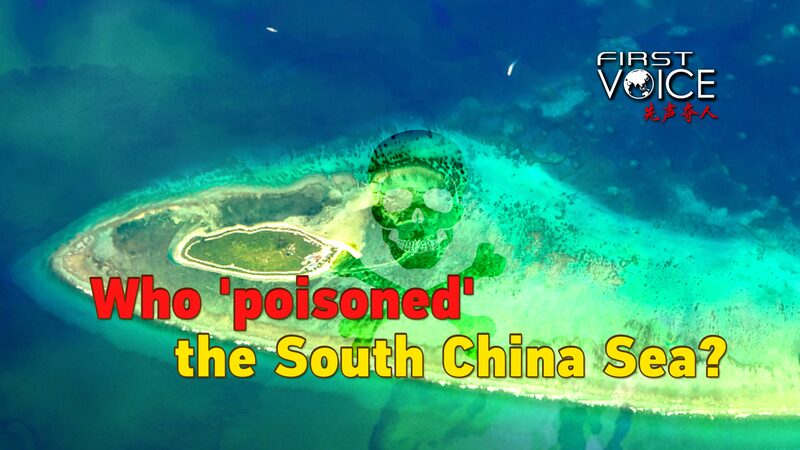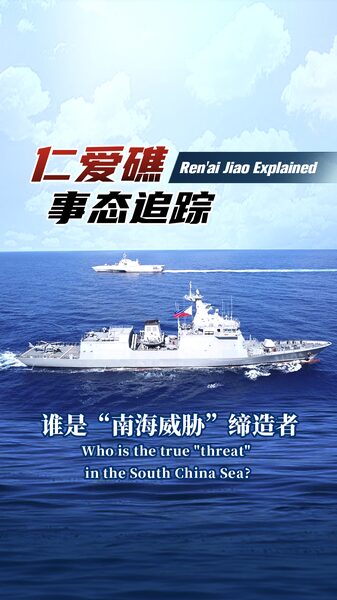The South China Sea, renowned for its vibrant marine life and rich biodiversity, is facing an ecological crisis. Destructive fishing practices, particularly cyanide fishing, have been identified as significant contributors to the deteriorating health of this crucial marine ecosystem.
The Rise of Cyanide Fishing
Cyanide fishing emerged in the 1960s with growing international demand for ornamental and reef fish. Fishermen in countries like the Philippines began using sodium cyanide to stun fish, making them easier to capture alive. This method was especially lucrative due to the high prices ornamental fish fetched in global markets.
However, the use of cyanide has devastating effects on marine life. The chemical not only stuns the targeted fish but also kills surrounding organisms, including the essential coral reefs that provide habitat for countless species. Coral reefs, often referred to as the “rainforests of the sea,” are integral to the health of marine ecosystems. Their destruction leads to a cascade of negative impacts on biodiversity.
Impact on Coastal Communities
Many fishermen resort to cyanide fishing due to economic pressures. In areas with limited economic opportunities, the immediate financial gains overshadow the long-term environmental costs. Unfortunately, this practice also endangers the health of the fishermen themselves. Exposure to cyanide can lead to serious health issues, including respiratory problems and even death.
In 2021, a tragic incident on the Zamboanga Peninsula highlighted these dangers when a captain and three crew members died after inhaling toxic fumes while cleaning a fish storage compartment. Investigations suggested that cyanide contamination may have been a factor.
Legal and Enforcement Challenges
While laws exist to prohibit destructive fishing methods, enforcement remains a significant challenge. Limited resources, vast coastlines, and sometimes lax law enforcement allow illegal practices to continue. This not only harms the environment but also undermines legitimate fishing industries and food security for local communities.
The Need for Regional Cooperation
The environmental decline of the South China Sea is a shared concern for all nations bordering it. Cooperative efforts are essential to address the root causes of ecological damage. This includes stronger enforcement of existing regulations, community education on sustainable fishing practices, and international collaboration to reduce demand for illegally caught fish.
Former Philippine presidential spokesperson, Harry Roque, emphasized the importance of diplomacy and cooperation among neighboring countries. “The way forward is for the Philippines and China and all the claimant countries to cooperate, to promote its biodiversity,” he stated.
Looking Ahead
Protecting the South China Sea’s rich marine life is a complex challenge that requires a multifaceted approach. It involves balancing economic needs with environmental stewardship and fostering collaboration over confrontation. Only through collective action can the ecological treasures of the South China Sea be preserved for future generations.
Reference(s):
cgtn.com
